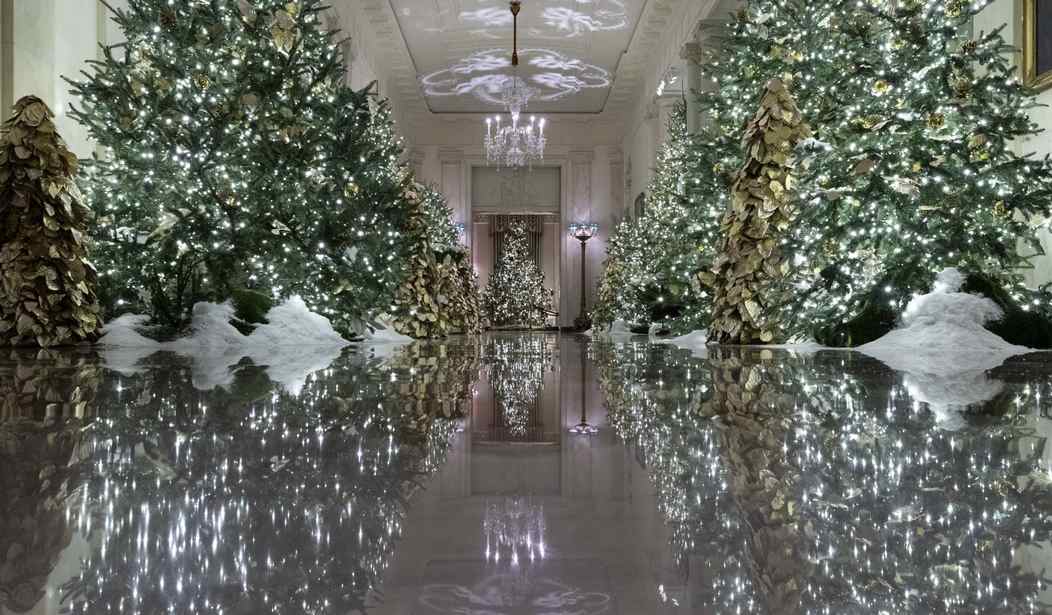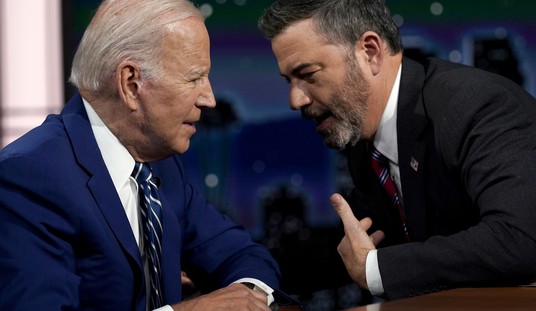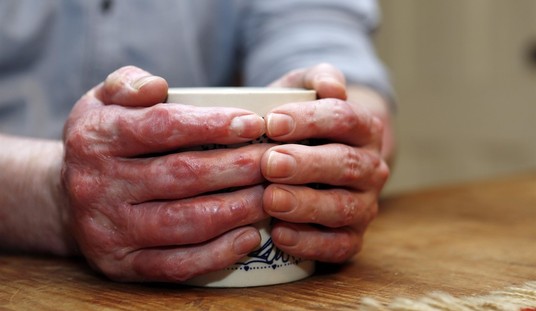In the lead-up to Thanksgiving, many Democratic mayors and governors issued new lockdown orders to restrict the family gatherings that mark an important American holiday. COVID-19 restrictions definitely put a damper on Thanksgiving, but they may actually help Christians get into the spirit of the season leading up to Christmas.
While most Americans begin to celebrate Christmas right after Thanksgiving — and some of us jump the gun even earlier than that! — the traditional Christmas season begins on December 25. The period leading up to Christmas is a different season altogether.
The season of Advent begins on the fourth Sunday before Christmas. It usually starts on the Sunday after Thanksgiving, like it did on November 29 this year. While Christmas celebrates the birth of Jesus Christ, whom Christians believe is fully human and fully God — “veiled in flesh the Godhead see,” runs my favorite Christmas carol — Advent celebrates the season of waiting, both the anticipation before Christ’s birth and the anticipation of His Second Coming.
Traditionally, Advent is a period of fasting to get ready for the massive feast on Christmas Day — not unlike how Lent is a period of fasting before the massive feast on Easter Sunday. While Lent focuses on penitence and guilt, Advent focuses on joyful expectation, a preparation for a wondrous event yet to come.
Christians believe that Jesus Christ will come again to usher in a new heaven and a new earth. No one knows the day He will come back, but His Second Coming represents the consummation of the creation order and the restoration of humanity.
The social distancing of the coronavirus pandemic helps Christians get into the spirit of Advent. We miss large social gatherings and the joyous events of daily life. We long for the days when we can gather without wearing masks and when we can shake hands and embrace one another without fear of spreading a deadly disease. Advent should remind us that that time will come. Normality will return, and we will see people face-to-face, without masks.
Similarly, in the dark days of the Roman occupation, ancient Israel looked for the coming of a great King, a Messiah to free them from oppression. Jesus came, and His gospel freed the entire world from sin, ultimately prevailing over the oppression of the Roman Empire. Jesus’ gospel has arguably changed the world for the better, ushering in the moral template for modern concepts of human rights, free markets, and limited human government.
But Jesus is not physically present with us now. We are in a time of “already-but-not-yet.” When Jesus comes again, He will wipe away every tear, and there will be no more sorrow and grief.
Sometimes, it’s hard for me to believe that He will come again. There is so much rot in the world, from politics to culture to pernicious trends like transgenderism and Marxist critical race theory. It’s hard to believe there’s a good ending to this story, and sometimes it’s hard to believe it’s a story at all.
But Christmas reminds us that great things — things so tremendous we can barely imagine them — really do happen. The Creator of the Universe became a helpless, dirty, screaming infant. “Though He was in the form of God, [He] did not count equality with God a thing to be grasped, but emptied himself, taking the form of a servant, being born in the likeness of men. And being found in human form, He humbled himself by becoming obedient to the point of death, even death on a cross” (Philippians 2:6-8).
By this miracle, Jesus reconciled sinful humanity to Himself and enabled a full restoration even greater than the sinless state of Adam and Eve.
“Behold, the dwelling place of God is with man. He will dwell with them, and they will be his people, and God himself will be with them as their God” (Revelation 21:3).
“Long lay the world in sin and error pining, til He appeared and the soul felt its worth. A thrill of hope, the weary world rejoices for yonder breaks a new and glorious morn.”
“For the creation was subjected to futility, not willingly, but because of him who subjected it, in hope that the creation itself will be set free from its bondage to corruption and obtain the freedom of the glory of the children of God. For we know that the whole creation has been groaning together in the pains of childbirth until now,” Paul wrote (Romans 8:20-22).
Humans wait expectantly and the creation itself groans and pines for the Second Coming of Jesus, the restoration of all things. What better time to remember that we are in this existential waiting period than the restricted times of the COVID-19 pandemic?
Come Christmas, whether we can celebrate fully in person or not, let us take solace in a momentary celebration, knowing that the future restoration is still ahead. “No more let sins and sorrows grow, nor thorns infest the ground. He comes to make His blessings flow far as the curse is found.”
Tyler O’Neil is the author of Making Hate Pay: The Corruption of the Southern Poverty Law Center. Follow him on Twitter at @Tyler2ONeil.









